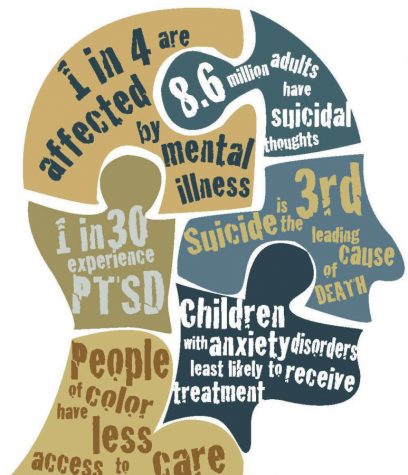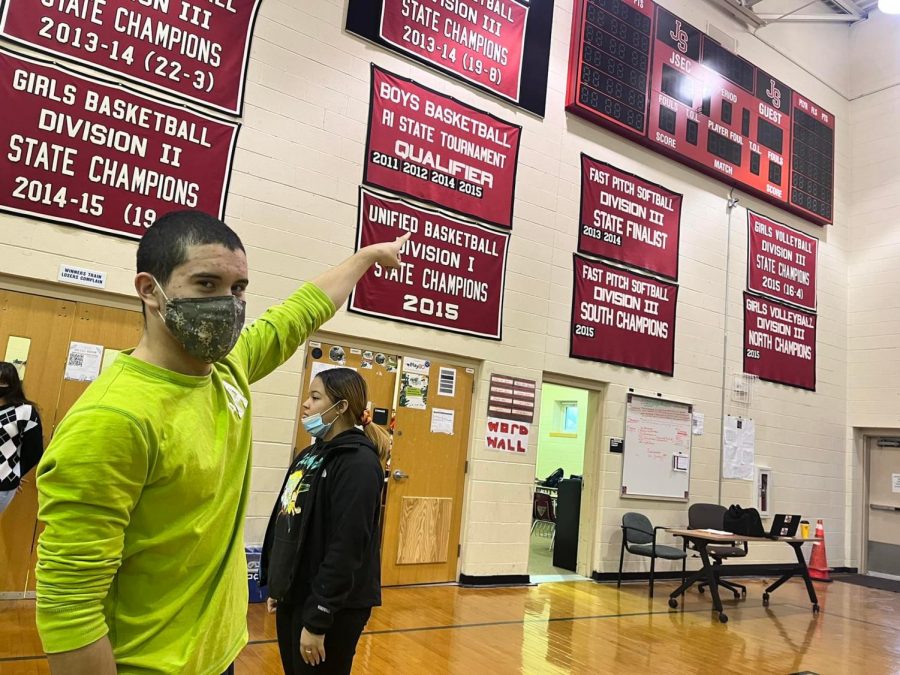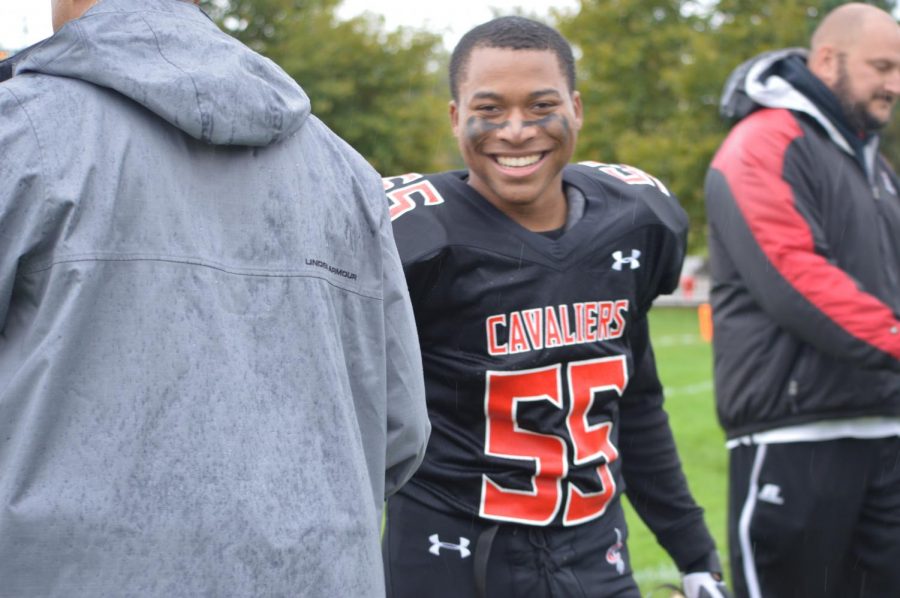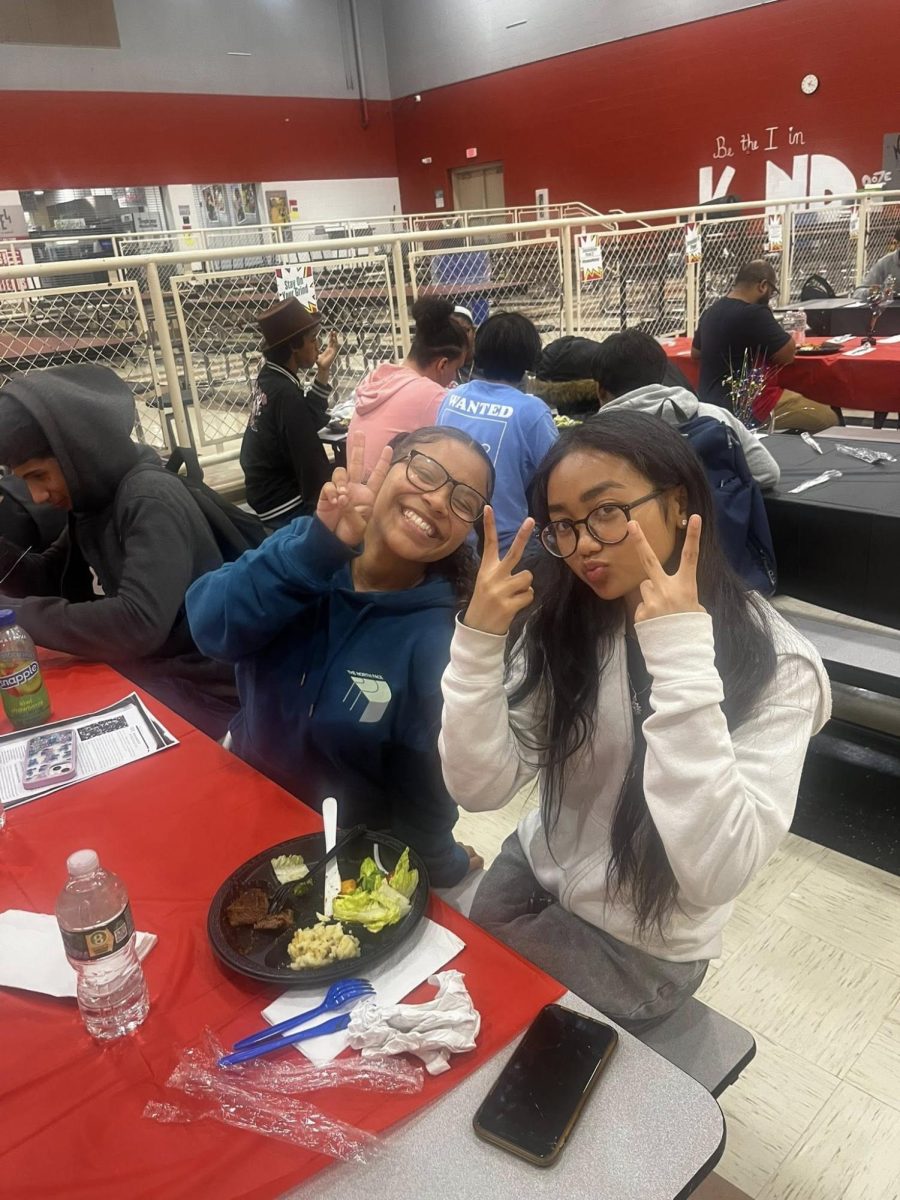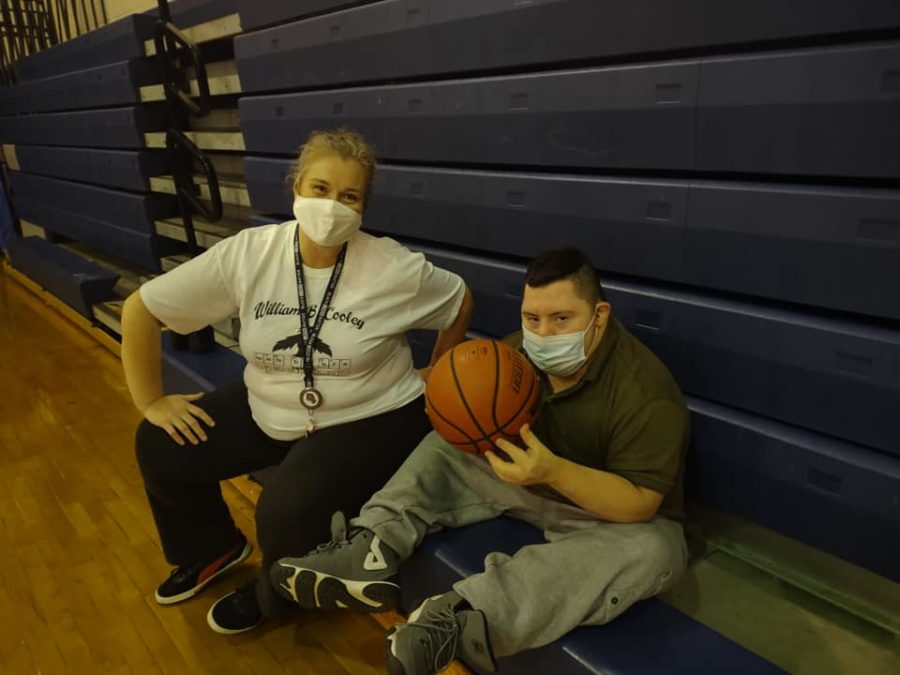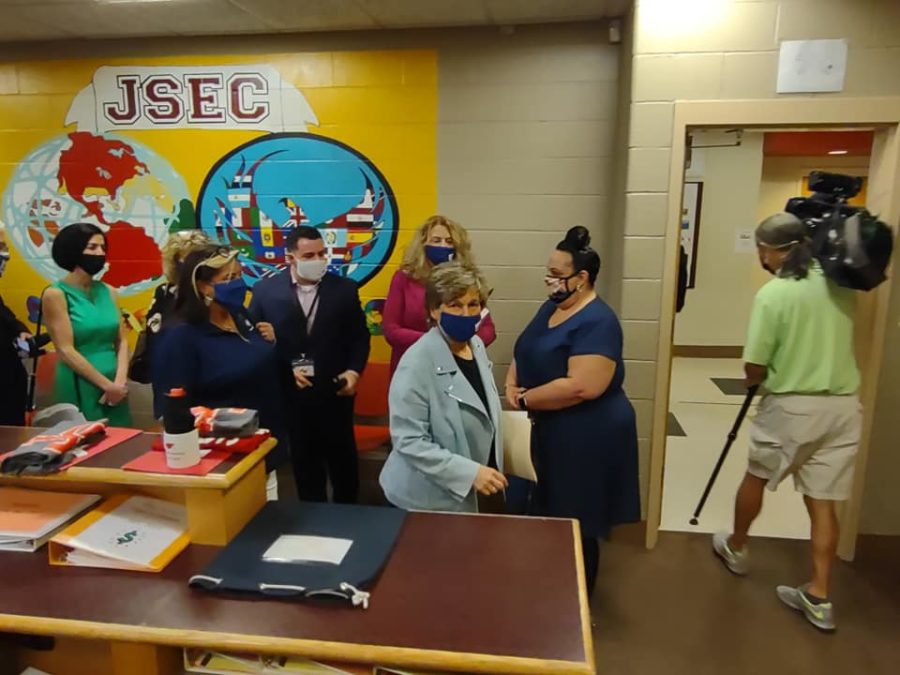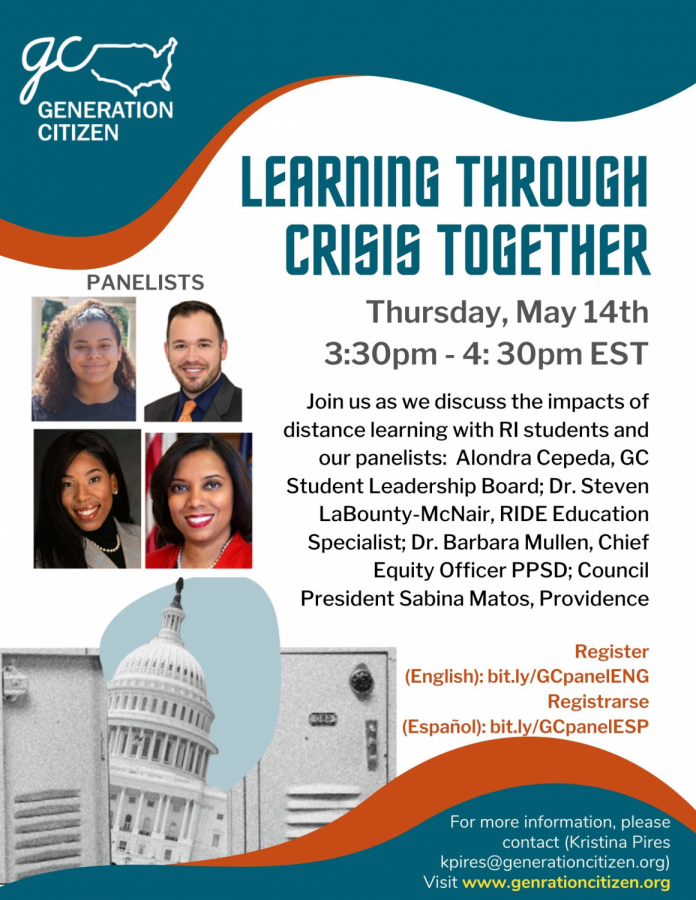- COMMUNITY
- F R E S H M E N
- J U N I O R S
- P A R E N T S
- S E N I O R S
- S H O W C A S E
- S O P H O M O R E S
- S T U D E N T L I F E
Teens Addressing Mental Health Issues Head On
January 19, 2021
Addressing Teen Mental Health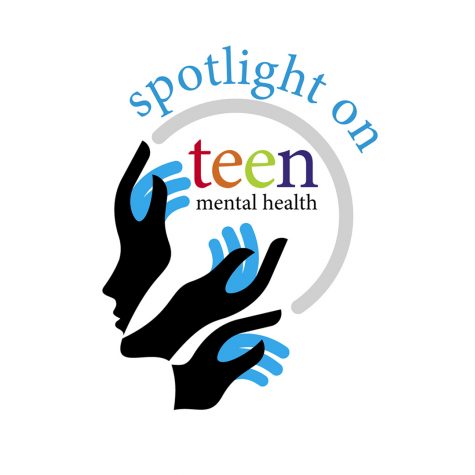
By: Marieliza Alvarado
Why is addressing mental health as a teenager very important? Addressing mental health is important because many people either try to cope with it or unfortunately sometimes deny that they have one, but one thing is for certain, if a teenager doesn’t address it as a teen, it can gradually get worse as an adult. It is very important that a teen address the issue and try to find a solution for it. You can’t just sit back and say or pretend you’re fine it ends up eating you up from the inside.
Mental illness stigma could prevent adolescents from seeking help for mental and emotional distress, and it could leave youths even more isolated as they experience rejection from their peers. Many people choose to not address (hide/ ignore) the fact that they are dealing with a mental illness due to fear of rejection, neglect, and the fear of not being accepted. It is important that youths have adequate mental health literacy. Mental health literacy is described as the ability to recognize a mental disorder and take the steps to start addressing it. Knowledge about the risk factors or causes of the disorder is important as well. Knowledge and beliefs about help sources, attitudes about help seeking, and knowledge of how to seek mental health information is so important when taking a step by step pathway to deal with mental illness as a teen. With an increase in mental health literacy, youths will be more likely to understand their symptoms, seek help when needed, and offer help to peers experiencing mental health problems.
People show different patterns of and knowedge about help seeking. Mental health stigma is understood as the result of four social–cognitive processes: cues, stereotypes, prejudice, and discrimination. Cues are how the public would view/identify someone with mental health. Common stereotypes are the ideas of individuals with mental illnesses are incompetent, weak,and/or dangerous. Prejudice is the beief in the ideas/stereotypes and decisions made on someone who has a mental illness. Lastly, discrimination is a behavior used against people/students with mental illnesses,this occurs often and can take many forms,including bullying and social exclusion.
The consequences of stigma can be intense,it can affect someones self-esteem,it can decrease opportunities for social interaction,it can decrease likelihood of care seeking,etc. “ (U.S. Surgeon General, 1999). Couture and Penn (2003), In a literature review about interpersonal contact and mental illness stigma, it was reported that individuals with severe mental illnesses stated that, because of stigma, they felt “discouraged, hurt, and angry” and that this lowered their self-esteem. Due to the the stigma and their desire to avoid these negative emotions, individuals may refuse treatment. Rusch, Angermeyer, and Corrigan (2005) described individuals who try to avoid the stigma and refuse treatment for this reason as “potential consumers.” Although, as noted earlier, it is critical for young people to seek help for mental health problems early, many are at risk of becoming potential consumers who never access treatment because of stigma.”http://www.mentalhealthillinois.org/ There is a program in Illinios where the design is to decrease stigma attached to mental illness and encourage help-seeking behavior.
Mental health is a vital part in/of someone’s life.It can impact someone’s thoughts,behaviors,and emotions. Mental health can run in your family(DNA/Genes). Mental health is our emotional, psychological, and social well-being. It affects how we think, feel, and act. It also helps determine how we handle stress, relate to others, and make healthy choices. Mental health is important at every stage of life, from childhood and adolescence through adulthood.https://www.mind.org.uk/information-support/types-of-mental-health-problems/mental-health-problems-introduction/causes/ .Many things can affect mental health:
- Trauma
- Abuse
- Neglect
- Social isolation/loneliness
- Social disadvantage (poverty/dept.)
- Bereavement (losing someone close to you)
- Stress
- Domestic violence(bullying and/or other abuse) etc.
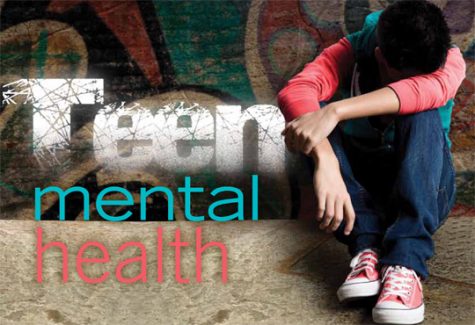
Mental health can be deadly,it can make people feel unwanted and unloved,many people can fight it but you get tired of fighting. This is why addressing mental health is important. We actually had NAMI come into our Health Classes back in November on a Zoom where the presenters were around our age and spoke about their own personal mental health issues and how they addressed them in a positive manner. This presentation gave a lot of helpful information.
In closing, it is important that YOU, yes YOU, address any issues that you may have that are effecting you in a negative way. It could be your self image, body image, sexuality, abuse issues, home issues, relationship issues, abandonment issues, break up issues, etc…..and the best way to deal with this is to have an outside observer listen to you and have them assist you work through the issue and try to resolve it so it’s no longer an issue. We have Ms. Molina and her crew, here at JSEC who can assist any student just about any time. Please get a pass to go see her if you have any issues you would like to address and just so you know it will be kept confidential, just between you and her, because we know as a teen how things can spread quickly with gossip especially with social media. She and her team will keep anything you say between you and them. The best way to be a productive adult is to be the healthiest teen out there and that includes physical, social, and yes mental health as well.
